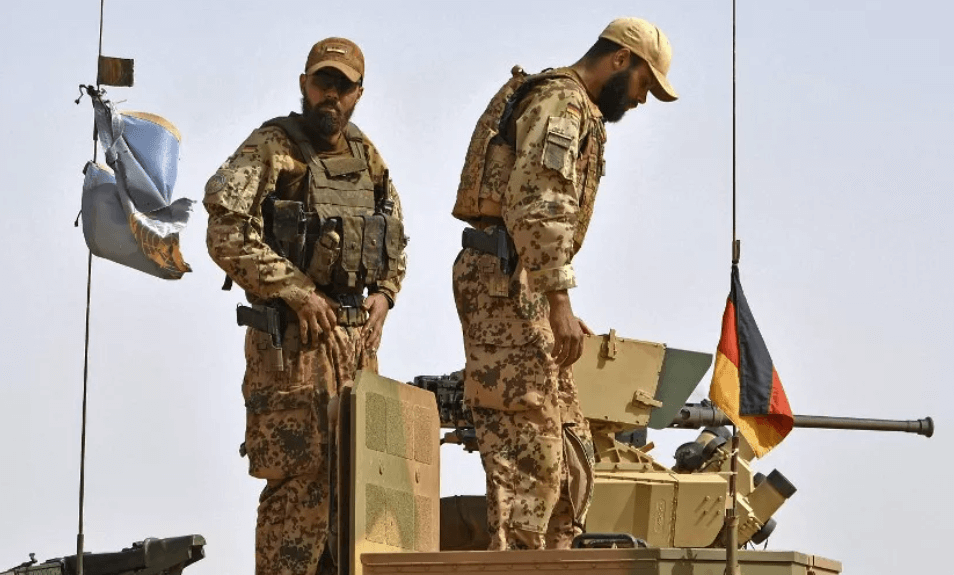
Germany Plans to Withdraw Troops from Mali within 9-12 Months, but Maintain Aid
During their visit on Thursday, two German ministers stated that Germany expects to withdraw its soldiers from Mali within nine to twelve months, due to the new political situation under military leadership. However, this withdrawal does not mean an end to development aid to the country.
German Defense Minister Boris Pistorius recently visited the German contingent of the UN peacekeeping mission in Gao, Mali, accompanied by Development Minister Svenja Schulze. Germany has several hundred soldiers among the 12,000 deployed by the UN Mission in Mali, making it the largest Western contribution. However, due to the deteriorating security situation and political instability in Mali, Germany has announced its withdrawal by May 2024.
Pistorius emphasized the importance of the German contingent, particularly for reconnaissance missions, but noted that the committee has not been possible in practice for several months. The junta that took power by force in 2020 has turned militarily and politically towards Russia, breaking alliances with France and its European partners against the jihadists. They have also imposed restrictions on the operations of the UN Mission in Mali.
Several countries have decided to stop or suspend their participation in UNMIS in recent months, and UN Secretary-General Antonio Guterres has expressed concern about the safety of peacekeepers’ operations after the departure of the French and other contingents.
Pistorius highlighted that the German military engagement may end, but German civilian aid, which has been effective since independence, will continue. Schulze stressed the value of German development cooperation, citing access to water and agriculture. She also noted that pilot projects can be carried out from Bamako, even after the military withdrawal.

